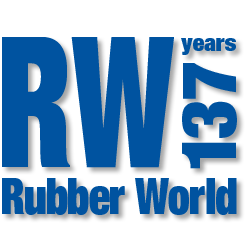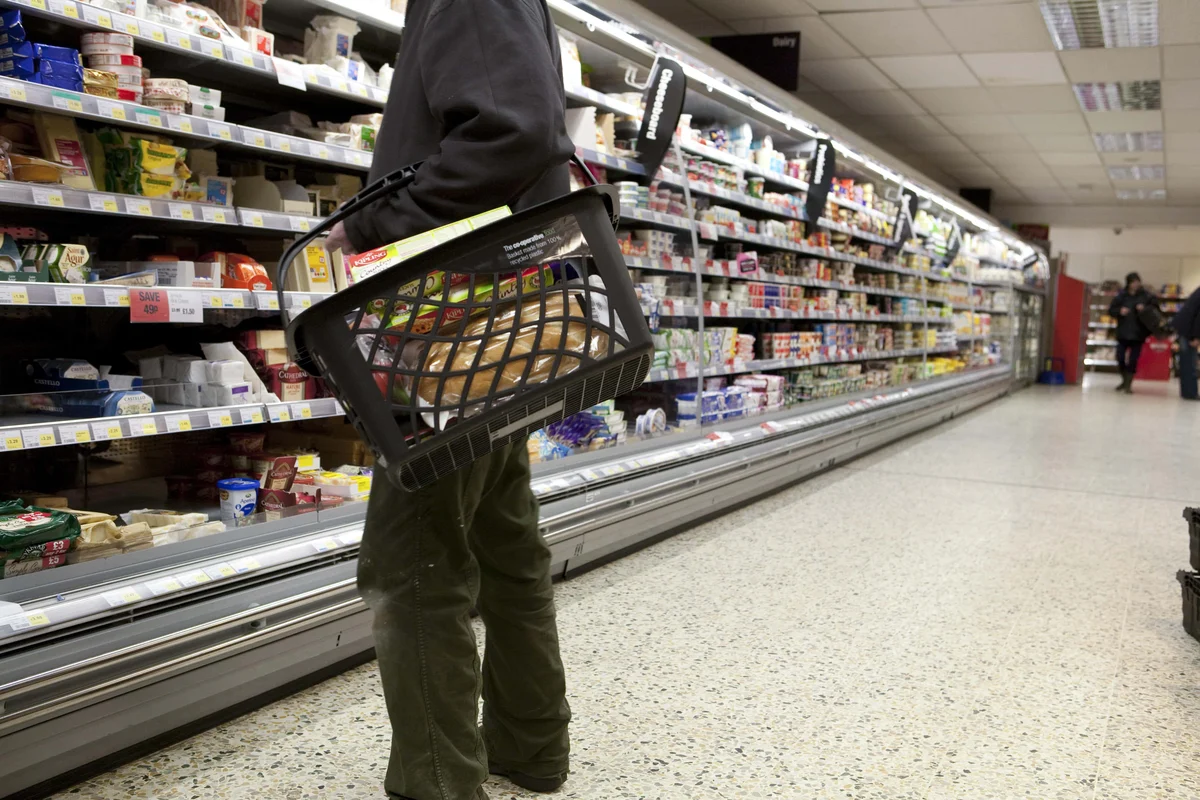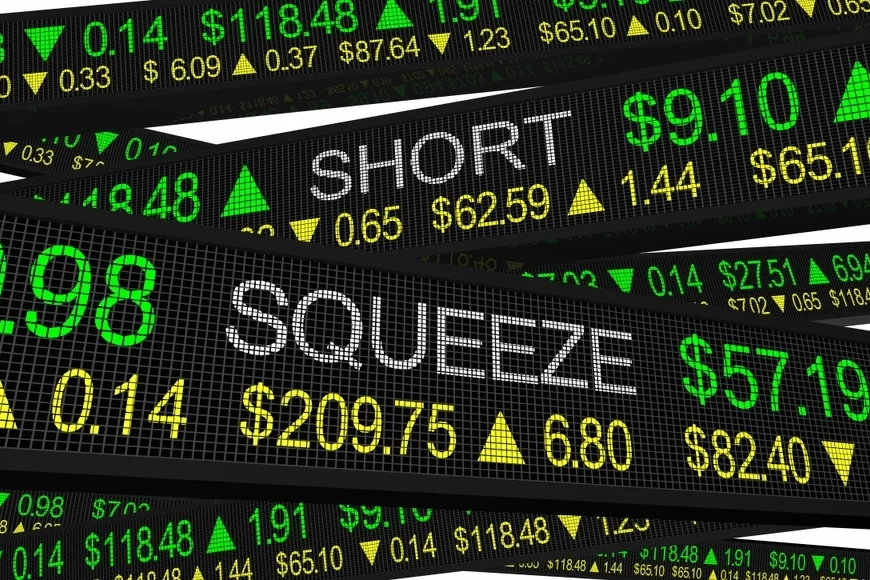Copyright RubberWorld

Amsterdam, the Netherlands – AkzoNobel reported steady profitability in its third quarter despite continued revenue pressure from weak currencies and subdued demand in several key markets. The company said its profitability improved on the back of strict cost controls and better pricing discipline, even as reported revenue declined. According to the company’s quarterly update, organic sales increased slightly due to improved price and product mix, but overall revenue fell by around five percent as currency translation effects reduced the reported figures. Adjusted earnings before interest, taxes, depreciation and amortization reached approximately 385 million euros. This was achieved despite a sizeable negative foreign exchange impact. The adjusted EBITDA margin rose to just over 15 percent, compared to 14.8 percent in the same period last year, underscoring management’s continued focus on margins rather than volume growth. Chief executive Greg Poux-Guillaume described the results as resilient and said the company was benefiting from efficiency programmes across the organisation, particularly in selling, general and administrative costs and industrial improvement measures. However, the quarter was not without challenges. AkzoNobel recorded a legal provision of around 300 million euros linked to a long-running Australian infrastructure project, a liability that weighed on net profit. Cash generation remained strong. Operating cash flow rose compared to the same period last year, providing the company with financial flexibility as it continues to reshape its portfolio. Management confirmed that the sale of its decorative paints business in India is progressing as planned and is expected to be completed in December 2025 following regulatory approval. Once the transaction closes, AkzoNobel expects leverage to sit slightly above two times net debt to EBITDA by the end of the year before falling toward its target over the medium term. The company reaffirmed its full year guidance of approximately 1.48 billion euros in adjusted EBITDA, assuming stable exchange rates and no significant deterioration in demand. AkzoNobel continues to target a mid-term EBITDA margin above 16 percent as part of its performance improvement strategy and has reiterated its commitment to achieving higher returns on invested capital. While the company remains confident in its long-term trajectory, it acknowledged that market conditions remain uneven. Demand from construction and industrial customers has stabilised but has not yet returned to pre-slowdown levels. Currency pressures, particularly from emerging markets, continue to distort reported results, and management warned that uncertainty in global economic conditions will likely persist into early 2026. AkzoNobel’s disciplined approach to pricing and cost management has allowed it to defend profitability during a period of limited volume growth. The coming quarters will test whether the company can sustain this balance as it shifts focus toward selective growth and efficiency-driven expansion.



